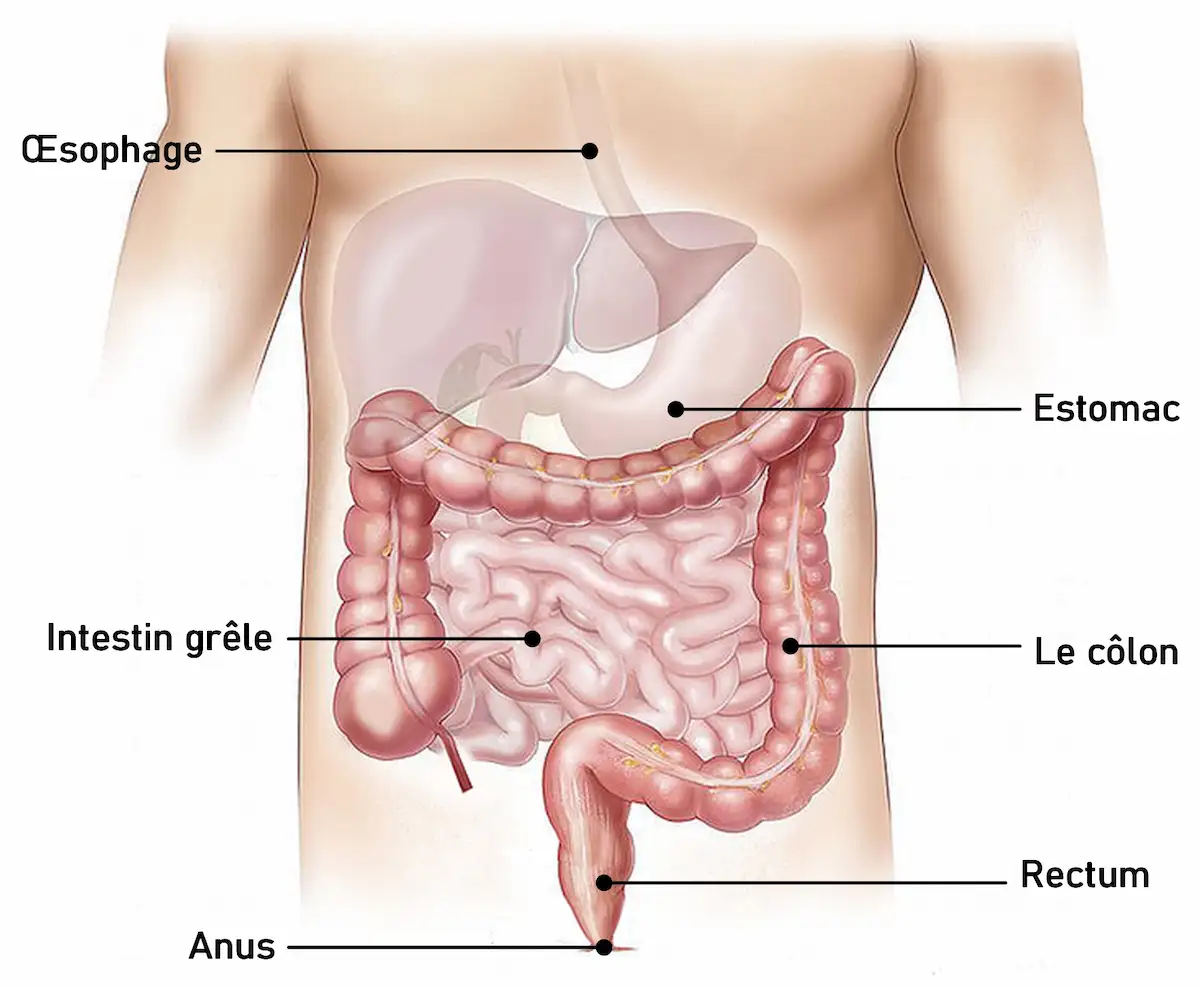◉ Having blood in stool
Blood in the stool is a common condition and is associated with a number of gastrointestinal disorders. Fortunately, most causes of this bleeding are minor and easily treatable, such as hemorrhoids or a small fissure.
Bleeding can come from one or more areas of the digestive system: the esophagus, the stomach, the small intestine, the large intestine or colon, the rectum and the anus.
Depending on the site and the severity of the bleeding, the blood can be different colors, ranging from bright red to dark brown to black. You may also have bleeding without being able to see it (when you have very small amounts of blood in your stool).

In some cases, blood found in feces can be a symptom of a serious illness, such as colorectal cancer.